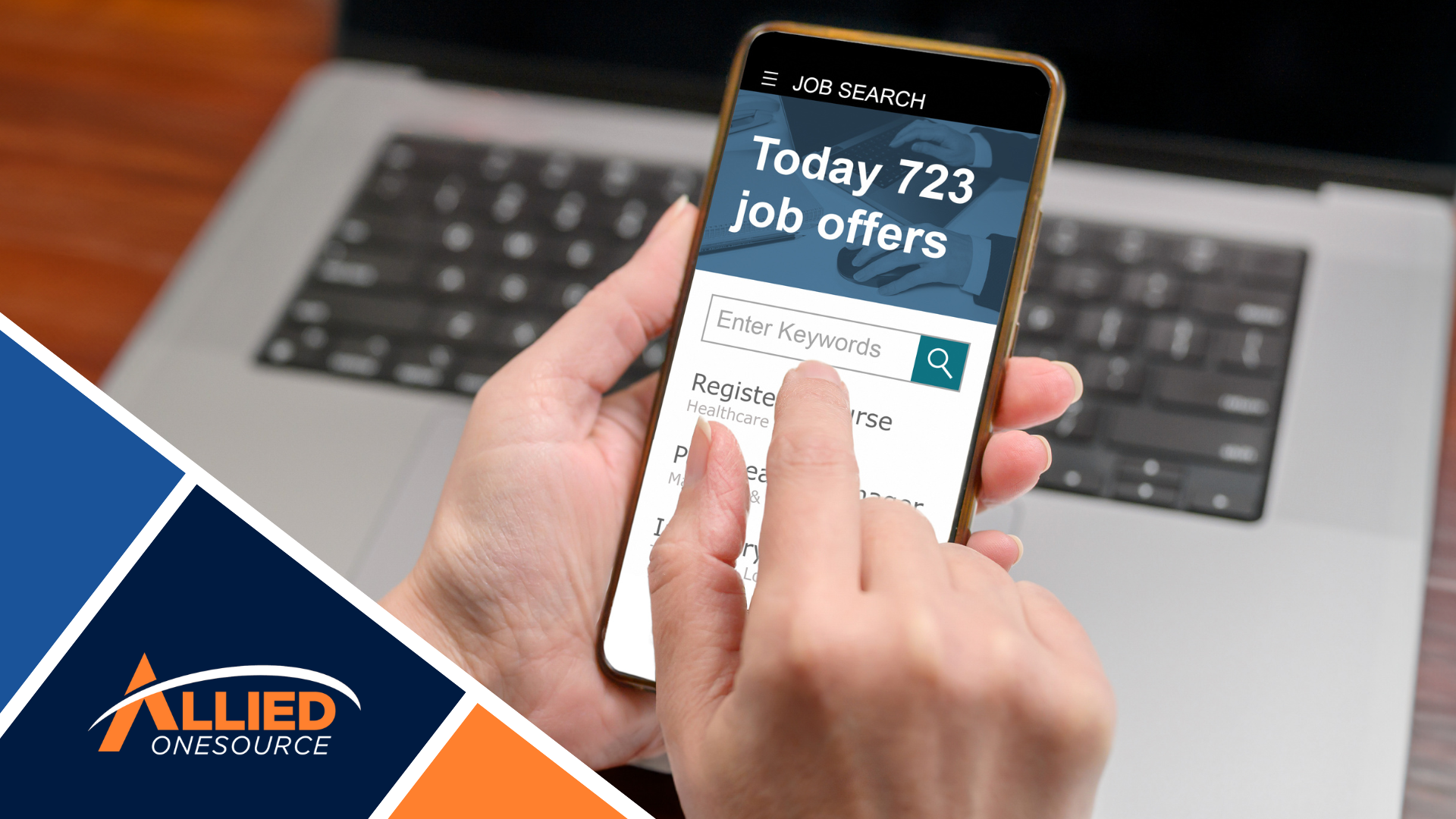World Mental Health Day: The Empowering Message from Princess Kate That Resonates Today
World Mental Health Day, celebrated annually on October 10th, aims to raise awareness about mental health issues and promote well-being for everyone. This day is especially important for those in high-pressure environments like call centers, engineering operations, and management positions, where stress and burnout can significantly impact mental wellness.
Princess Kate's empowering message at the Royal Foundation Youth Forum in Birmingham on World Mental Health Day 2023 resonates deeply across various industries. She emphasized the need for open conversations and actionable solutions to foster a collective effort toward building a happier, healthier, and more equitable world.
Let's explore the key takeaways from Princess Kate's empowering message and how they can be applied to create healthier, more supportive work environments.
Princess Kate's Speech Highlights
Princess Kate delivered a powerful message about the future of psychological health awareness and action. Building on the progress made since their 2016 Heads Together campaign, she emphasized that while great strides have been made in breaking the stigma around mental health, there's still significant work to be done.
"Simply talking about mental health is just not enough," Kate stressed, calling for action beyond awareness. She highlighted the importance of mental health in building "a happier, healthier world" and "fairer, safer, kinder, more equal societies."
She also praised young people for leading conversations about mental wellness and emphasized the crucial role of emotional and social skills development. These skills, she noted, are essential for navigating today's rapidly changing world, where issues like social media, global conflicts, and economic uncertainties can significantly impact mental well-being.
Why is this relevant? A workplace that prioritizes mental well-being isn't just good for employees—it's essential for creating a thriving, productive environment where everyone can reach their full potential.
By fostering a culture of openness and support around mental wellness, your company can build stronger teams, enhance employee satisfaction, and create a more positive work atmosphere. This leads to better overall performance and a more resilient organization.
Key Takeaways from Princess Kate's Message
The key takeaways from her speech are valuable guidance for individuals and organizations alike. Here are actionable steps to promote psychological wellness awareness, support initiatives, and reduce stigma in the workplace and beyond.
1. Moving From Awareness to Action
It's time to turn mental health awareness into actionable workplace practices. Many organizations recognize the importance of mental wellness, but the next step is actively supporting employee well-being.
Instead of relying solely on annual wellness seminars, consider integrating mental wellness into daily operations. Offer flexible work hours so your employees can attend therapy sessions without using vacation time. You could also create a peer support network where team members can connect with colleagues facing similar challenges.
This would provide practical support and help normalize these important conversations in the workplace.
Taking action doesn’t require major changes. Simple shifts, like offering quiet spaces for decompression or incorporating well-being into performance reviews, can create a more positive, productive, and resilient work culture where your employees feel valued and supported.
2. Normalize Mental Health Conversations
Princess Kate's message highlights the vital need for open dialogue about mental health to reduce stigma. Fostering an environment where mental well-being discussions are as natural as talking about physical health can significantly shift how employees perceive and manage their well-being at work.
Start by leading by example. When leaders openly discuss their own mental health experiences or challenges, it sends a message that it's okay to talk about these issues. This could be as simple as a senior manager mentioning they're taking a well-being focus day or discussing strategies to manage stress.
Incorporate mental health topics into regular team meetings. This doesn't mean prying into personal issues but rather discussing general mental health topics, sharing resources, or inviting guest speakers to talk about stress management or work-life balance.
Consider implementing a 'buddy system' where employees can pair up to check in on each other's well-being. This peer support can foster a culture of openness and mutual care.
Remember, normalizing these conversations isn't about forcing disclosure. It's about creating an atmosphere where employees feel safe and supported if they discuss their mental health. When team members feel supported, they are more likely to engage fully and perform better.
Read More: 4 Takeaways from Global Companies Leading with Exceptional Culture
3. Empower Youth Leadership
Today's workforce is increasingly dominated by younger generations who bring fresh perspectives on mental well-being. Rather than viewing this as a challenge, see it as an opportunity to foster a more open, supportive work environment.
Young employees often have a more nuanced understanding of mental health issues and are more comfortable discussing them. Leverage this openness by creating platforms for them to lead mental health initiatives. For instance, form youth-led committees to spearhead wellness programs or invite younger team members to share their insights during team meetings.
You could also implement a reverse mentoring program where younger employees share insights on work-life balance and mental well-being with senior staff, helping bridge generational gaps. Encourage young leaders to organize mental health events or workshops to create more relevant programs while building their leadership skills.
Read More: 9 Employee-Approved Wellness Initiatives For a Healthier and Happier Workplace
4. Develop Emotional and Social Skills
Princess Kate emphasized the crucial role of emotional and social skills in navigating our rapidly changing world. "We believe," she said, "that we need to do all we can as a society to help young people develop the emotional and social life skills they need for good mental health, and to thrive in the world around them."
This insight rings especially true in today's fast-paced work environment. Technical prowess alone isn't enough; emotional intelligence and social skills are becoming increasingly crucial for navigating workplace challenges and maintaining mental well-being.
However, fostering these skills isn't just about hosting a one-off workshop; you can weave emotional and social skill development into your organization. Consider these approaches:
- Reimagine your onboarding process to include modules on active listening and empathy
- Incorporate emotional intelligence assessments into professional development plans
- Use role-playing exercises to simulate challenging workplace scenarios
- Establish peer-to-peer learning circles for sharing personal stress management strategies
- Encourage leaders to demonstrate emotional intelligence by acknowledging vulnerabilities and showing empathy
5. Create a Culture of Mental Well-Being
A culture of mental well-being isn't built overnight. It's built over time through consistent actions and commitment. Start by reassessing your company values. Consider these questions:
Does mental health truly stand out as a core value, or is it just mentioned in passing?
Are your policies designed to actively promote well-being, or do they prioritize productivity at any cost?
How prominently does mental well-being feature in your organization's mission?
Next, evaluate your metrics:
- Are you tracking employee well-being alongside traditional KPIs?
- How often do you assess your workforce's emotional well-being?
- How is the data from pulse surveys or assessments being used to inform decision-making?
Finally, rethink your recognition system:
- Are you rewarding achievements that come at the cost of mental wellness?
- Do you celebrate efforts to maintain a healthy work-life balance and support colleagues' well-being?
As you reassess your values and strategies, remember that real change comes from consistent, thoughtful actions that empower leadership and employees to thrive.
Read More: 6 Proven Strategies for Employee Retention
FIND THE RIGHT TALENT FOR YOUR WORKPLACE WITH ALLIED ONESOURCE
At
Allied OneSource, we understand that building a mentally healthy workforce starts with hiring the right people. Our staffing solutions can help you find candidates who align with and contribute to your mental health-positive culture, supporting your efforts to create a thriving workplace.
Ready to enhance your team with employees who value mental well-being? Contact us today to learn how we can support your organization's mental health initiatives and help you build a more resilient, productive workforce.










